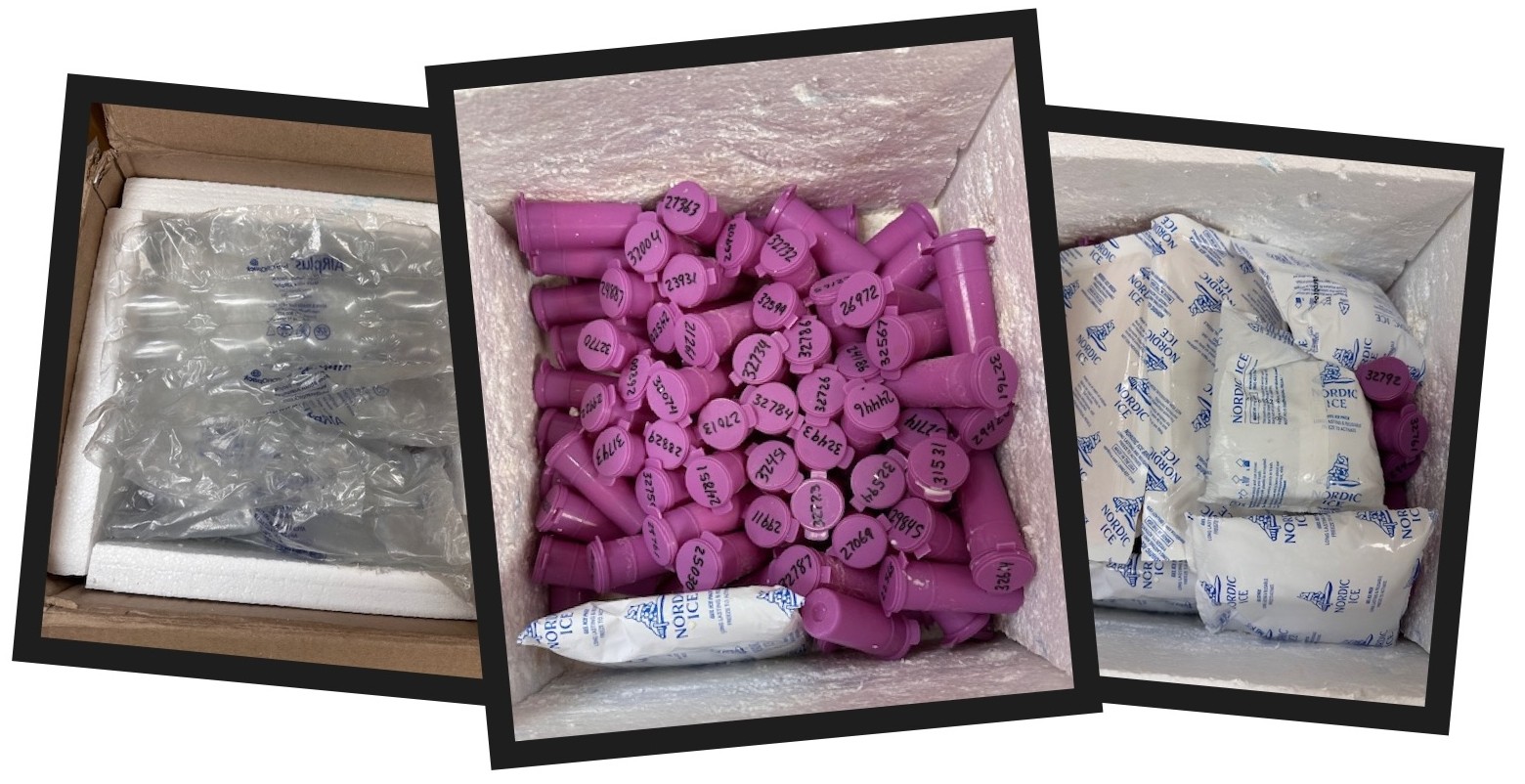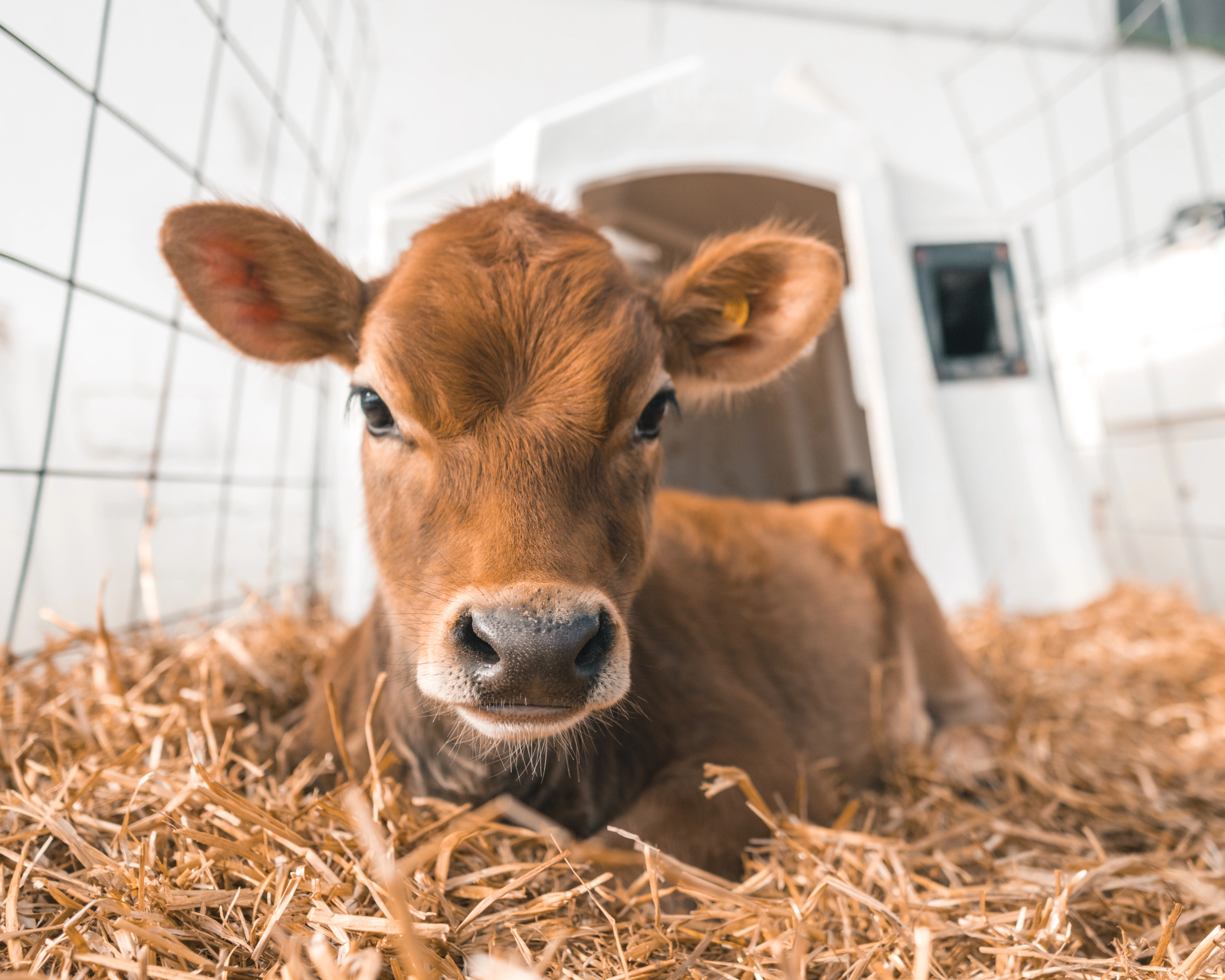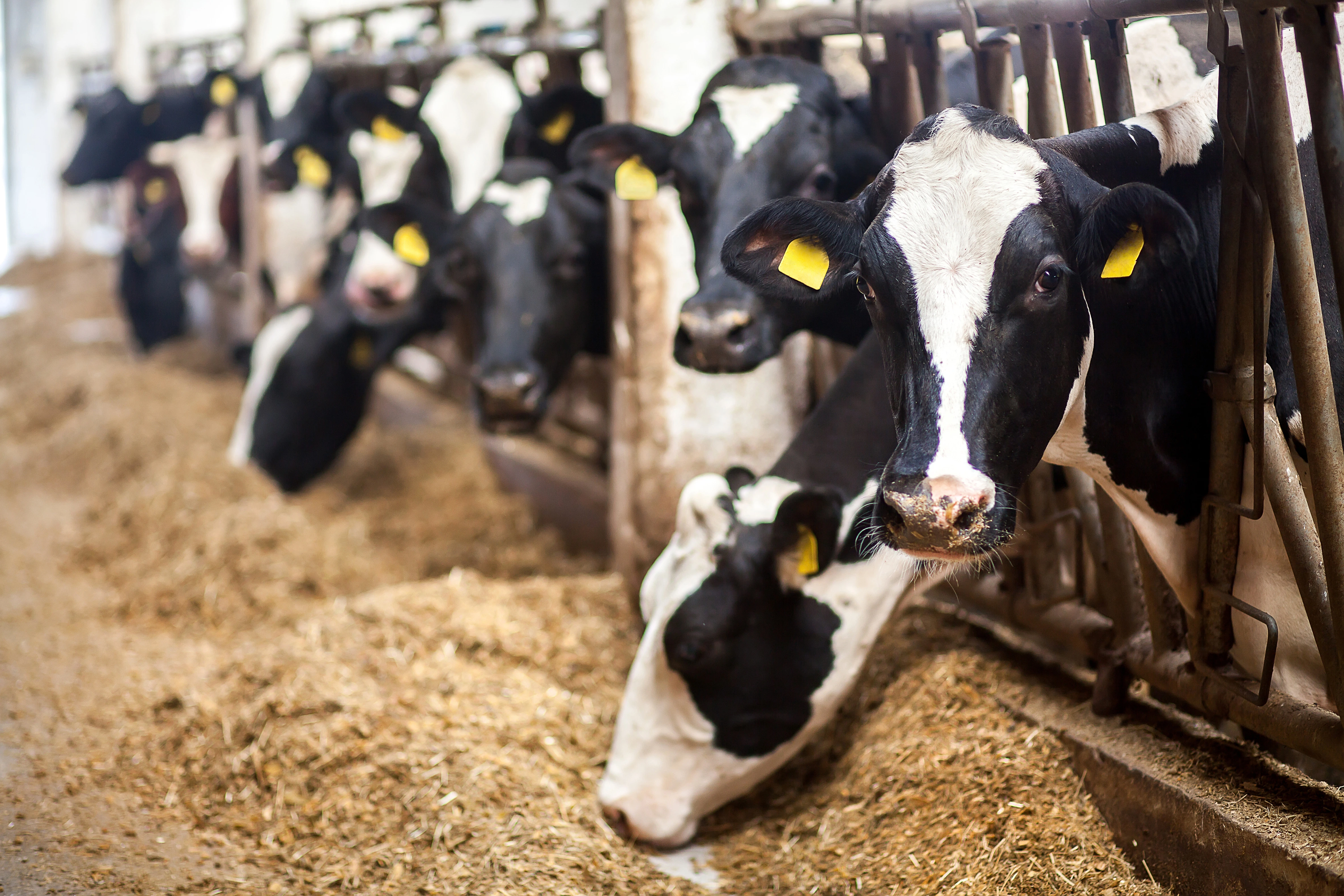.webp)
Strep Ag., Staph Aureus and Mycoplasma are the big three when it comes to contagious mastitis. But their level of contagiousness differs. Using a scale of 1 to 10 with 1 being low risk and 10 being high risk for transmission, Strep Ag. would rate about a 7, Staph aureus would rate an 8, and Mycoplasma is a 10.
Mycoplasma is highly contagious, spreads easily, and there is no cure. Add in the fact that it takes seven to 10 days to get a culture result for Mycoplasma — versus just 24 hours for Strep and Staph — and it becomes clear that Mycoplasma warrants a different response.
PCR tests can detect all three pathogens and provide actionable results within 24 hours. Using a PCR test instead of culture when Mycoplasma is suspected means just one day of potential spread versus seven to 10 days of spread when waiting for culture. That means less time and opportunity for Mycoplasma to spread to other animals.

With Staph. aureus mastitis, producers can create a staph pen, treat cows and slowly cure those cows. For Strep. ag. the cure rate with treatment is about 60 to 70%. But for Mycoplasma mastitis, there is no effective way to treat the problem away. The only option is to cull cows that test positive.
A Mycoplasma-suspect cow or cows should be isolated immediately. Mycoplasma is an extremely opportunistic bug. It strikes when an animal is stressed, or when the immune system is already activated. That means cows in the hospital pen, the fresh cow pen and in the maternity pen are easy targets for Mycoplasma. So, too, are herdmates stressed by heat; that have chapped, flaky teats from the cold; or are enduring extended periods of rain. Mycoplasma takes advantage of any stressor that provides an opportunity for it to infect an animal.
Mycoplasma also can be a serious threat to calf health. When infected cows transmit the organism through colostrum or waste milk, it can lead to severe respiratory disease and/or ear infections that are stubborn to treat and highly damaging to calf performance.
Using PCR testing instead of culture can help minimize the economic loss from Mycoplasma. With results in 24 hours or less, action can be taken almost immediately. That means fewer cows culled, less milk dumped, and less risk to the herd.
Good animal management — executed by employees who understand the “why” behind each protocol — combined with PCR testing, can help you control the spread and minimize the damage of Mycoplasma in your herd.








